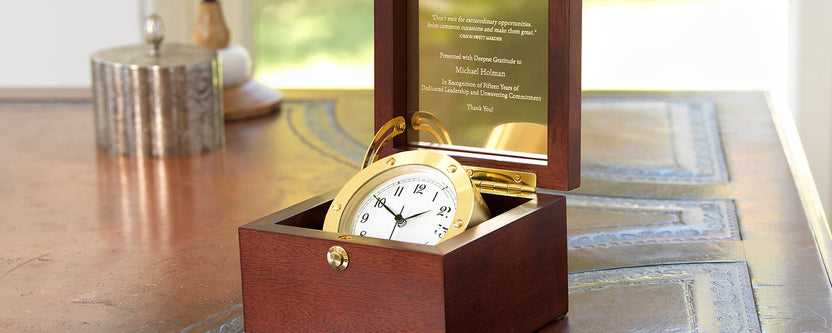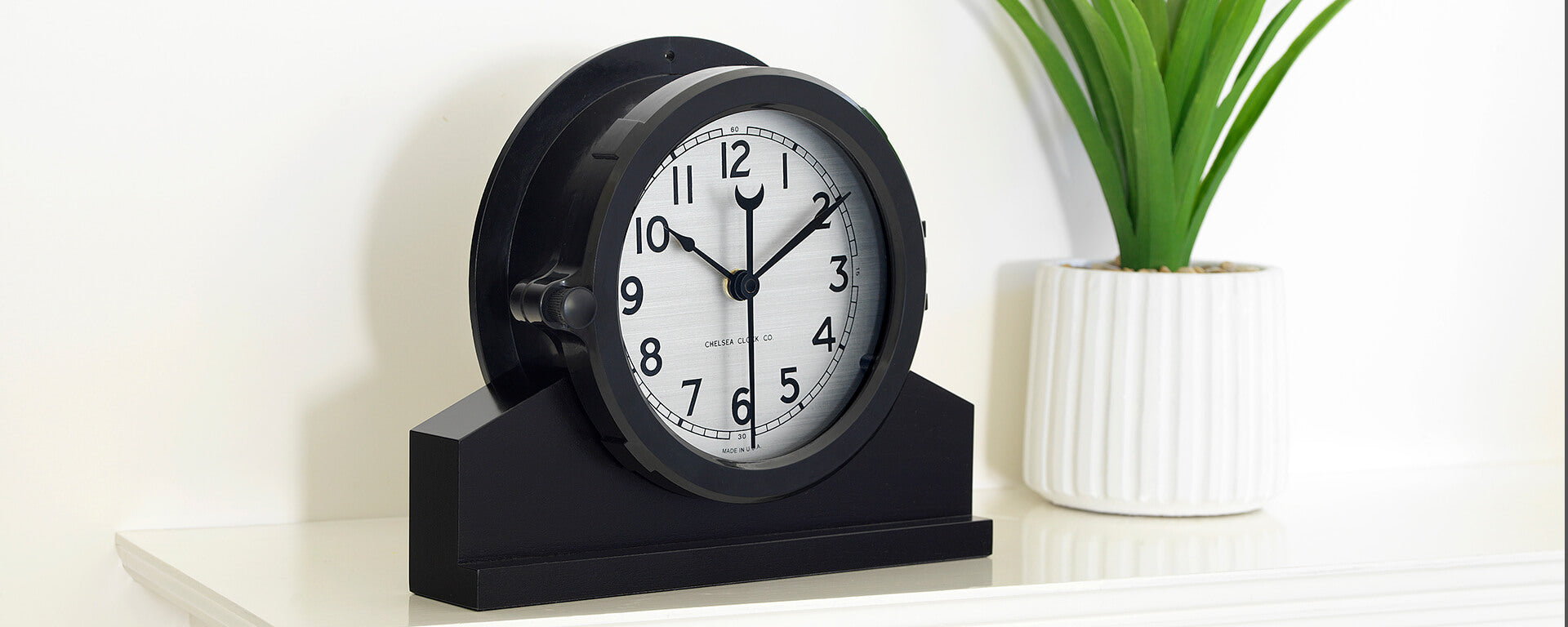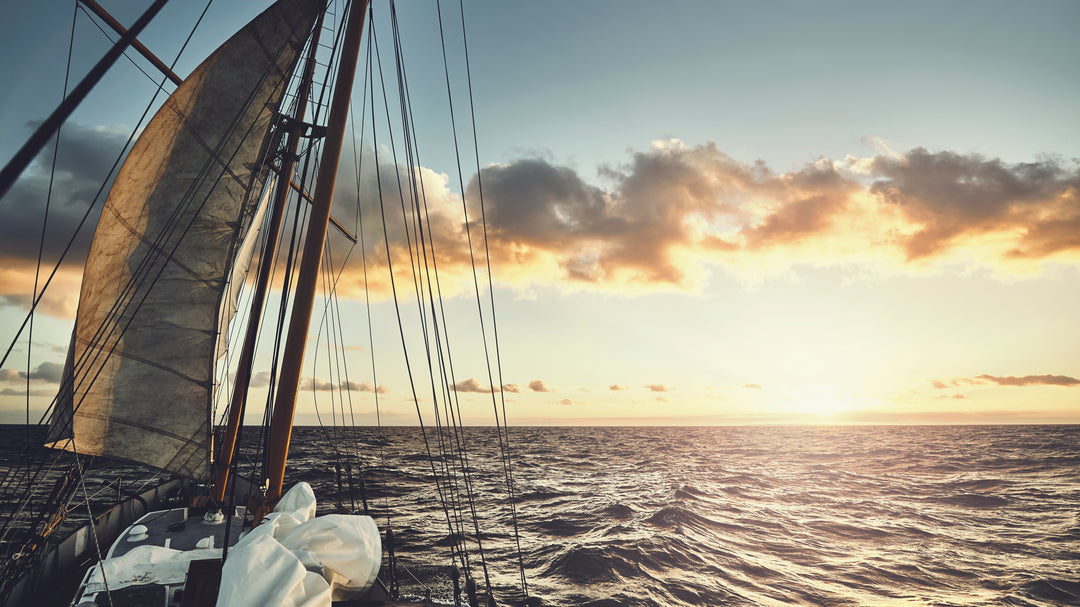10 Ways to Help Save the Ocean Right Now
On Friday, A federal appeals court ruled that the U.S. Navy had been wrongly allowed to use sonar that could harm whales and other marine life during peacetime -- effectively banning the use of the technique for training and testing purposes. At Chelsea Clock we’ve long been stewards of protecting our oceans, and as an all-American brand that’s been proudly serving the Navy for 100 years, we feel encouraged by the ruling. “We have every reason to believe that the Navy has been deliberate and thoughtful in its plans to follow [National Marine Fisheries Service] guidelines and limit unnecessary harassment and harm to marine mammals,” the appellate ruling said. In the spirit of Friday’s ruling, here are 10 ways to help save the ocean right now, wherever you are.
1. Use eco-friendly soaps and detergents and find an all-natural dry cleaner. Many cleaning products include chemicals that are toxic to both our bodies and the environment. For instance, the Environmental Protection Agency found that lkylphenol ethoxylates, the chemical found in fabric softener, has “high toxicity to aquatic organisms,” and may negatively affect metabolism, reproduction, and growth. Since our soaps and detergents naturally end up in our waterways, choosing those that are biodegradable and of natural ingredients can make a huge difference. (If you’re feeling particularly savvy, you can save money and make your own at home with this recipe.) As a hard-and-fast-rule, avoid detergents that have phosphates, bleach, or nonylphenol ethoxylate (NPE) because these are bad for both our health and the ocean.
2. Dispose of hazardous materials properly. Household cleaning products aside, paint, pesticides, fluorescent light bulbs, and batteries also pose a threat to our water quality. The good news is most municipalities offer free collection centers for safe disposal. Check your state or town’s local website for more information.
3. Never release aquarium fish or other marine creatures into oceans, rivers, or estuaries. Introducing foreign species to a new habitat can cause illnesses in native fish and disrupt the entire ecosystem. The same goes for flushing fish down the toilet -- as diseases and parasites are often spread this way (check your town’s sanitation guidelines to decide how to properly dispose of deceased fish).
4. Bring a reusable cup to Starbucks and Dunkin’ Donuts. Disposable cups often end up as marine debris -- and bringing your own helps the planet in a variety of ways. At work, leave a mug or water bottle to stay hydrated (and awake) without wasting cups.
5. Don’t purchase anything that exploits marine life. Certain products -- like coral jewelry, tortoiseshell accessories, and anything made from sharks -- contribute to the harming of fragile coral reefs and endangered marine populations. The bottom line, don’t buy them. There are plenty of alternatives on the market, such as faux tortoiseshell and artificial coral.
6. Support organizations working to protect the ocean. Many institutes and organizations are fighting to protect ocean habitats and marine wildlife, like one of our partners, Ports of Cause. Find a national organization and volunteer or pledge financial support if you’re able. Or, if you live near the coast, join up with a local group to get involved with projects close to home such as beach cleanups.
7. Never flush kitty litter down the toilet. Cats can host a deadly pathogen, called Toxoplasmosis gondii, which reportedly contributes to nearly 40 percent of California sea otter deaths.
8. If your family takes cruise vacations, do some research and choose a greener cruise line. In a recent EPA survey, cruise ships reported generating an average of 21,000 gallons of sewage a day, and also produced a daily average of 170,000 gallons of graywater—the stuff that drains from sinks, showers, and laundry machines that can suffocate marine life.
9. Spread the word -- teach children and friends to respect and protect the environment. Participating in hikes, beach cleanups or camping trips is a good way to reconnect with nature. Help kids plant a tree, pick up garbage, or learn about the wonders of the ocean. Being a good role model in itself can make a huge difference in the world.
10. Vote for those that protect the ocean and the coast.









